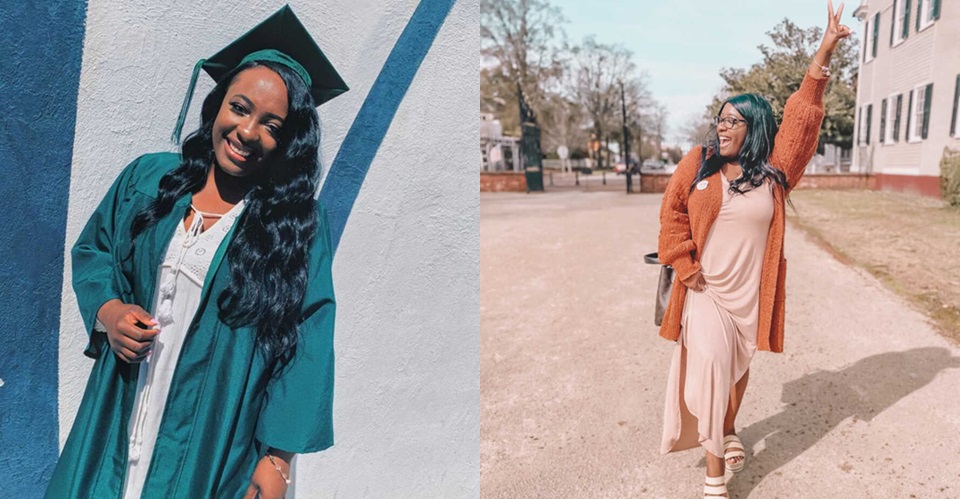She spent years performing “perfect” to be worthy; now, she’s choosing honesty over flawlessness, healing over hiding, and a love big enough to hold the real her. She grew up with a quiet rule humming in the background: be perfect. No one said it out loud, but she felt it, in the pews of a strict Pentecostal church, in a small town where image mattered, in a home where her father was a present only on birthdays, never at pickup lines or school awards. She and her mom walked everywhere at first, building a life with little money and a lot of will. When her mom married and moved to a nicer neighborhood, she thought, This must be what ‘perfect’ looks like: house, father figure, tidy story.
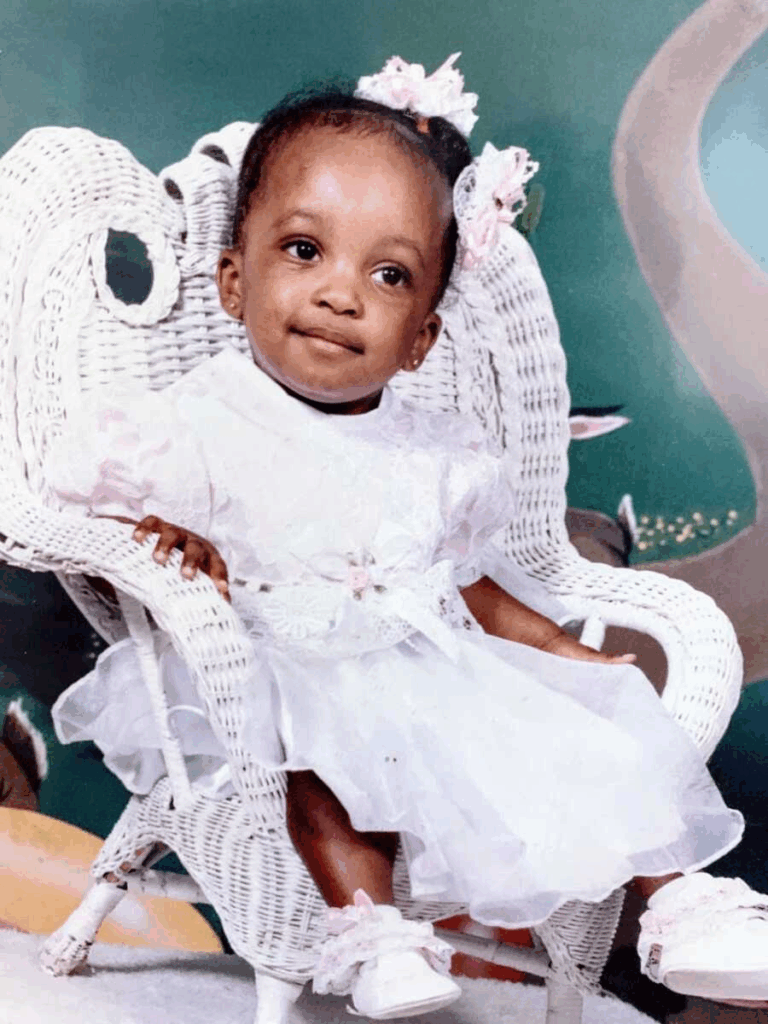
Church rules were rigid: no pants on women, no makeup, no babies outside marriage. Therapy was “lack of faith,” antidepressants a shameful secret. She learned to keep her feelings small. At fourteen, when her mom divorced, no one asked how she was doing; instead, she became the listener, the kid-therapist hearing things no child should. Gossip in the family taught her another lesson: mistakes get passed around like news. So she built strong, sweet, spotless armor and hid the tug-of-war in her mind. She aced high school, finished in the top 15%, and checked the boxes a “good girl” checks.
In college, she met Matthew, who was kind, gentle, and unafraid to love her without conditions. She wanted the relationship to look flawless from the outside, so whenever imperfections showed up, she shut down. Her “communication” came out as cold retreats and sharp edges. She didn’t examine any of it. Perfection, she told herself, was proof she was safe.

They got engaged in December 2020. A month later, her aunt was killed, and grief split the floor under her feet. She went silent, numb, and pulled into old patterns, holding her mother up, refusing to let Matthew in, insisting nothing was wrong. Three months later, the mask shattered. She had a complete mental breakdown. Afterward, her mind grabbed for certainty through compulsions: maybe the panic meant she was in the wrong relationship. She couldn’t admit illness; perfect girls don’t “need pills” or have disorders, so she tried to sabotage love before love could leave.
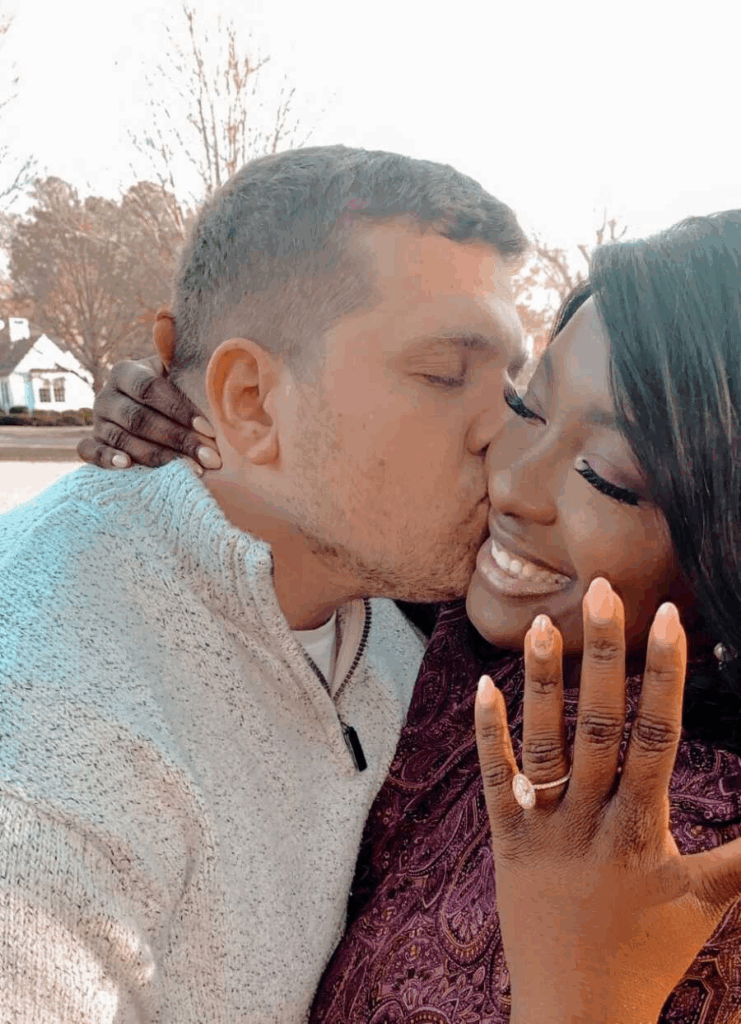
At last, exhausted and sinking, she went to therapy without telling anyone but Matthew. A few sessions in, she heard a name for what was happening: OCD, specifically ROCD, relationship obsessive-compulsive disorder. The diagnosis stung and soothed at the same time. It meant she wasn’t broken beyond repair; it also meant she wasn’t perfect. Her therapist told her something simple that hit like a bell: “You don’t need to be perfect to be loved.” She cried because it felt like someone had finally unlocked the door.
Naming the roots helped. Her fear of commitment wasn’t random; it grew from an absent father, strict messages about “proper” love, a divorce that rewrote her idea of safety, and years of being the child who listened but wasn’t heard. She began to heal. Slowly, she let the definition of love change. It wasn’t a flawless performance; it was honest, steady acceptance. It made room for repair after rupture. It apologized. It stayed.

Some days, healing looked like telling Matthew the truth before the spiral started. Other days, it looked like tolerating uncertainty instead of demanding guarantees. She practiced softening rather than shutting down. She learned that being accountable didn’t mean she was bad; it meant she was growing. The more she accepted herself as human, messy, layered, worthy, the more peace she felt. A line she loved summed it up: learn to roll with the river instead of fighting the rocks. She had fought for years, against trauma, against emotions, against ordinary imperfection, and all it gave her was bruises. The river asked for trust and presence, not perfection.
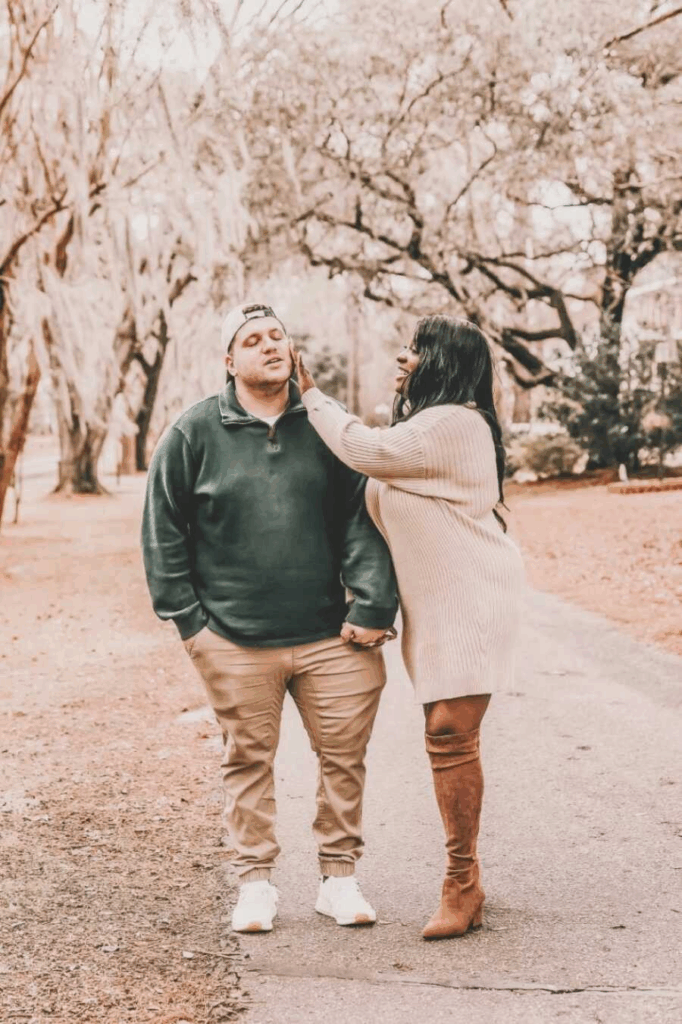
She still honors her faith, but she is different now. Prayer and Scripture sit alongside therapy and tools that help her mind untangle itself. She can see how the old pressure to be spotless hurt more than it helped. She can also see how much strength it took to keep going in a story that often asked her to disappear. Now, she practices being seen, first by herself and then by the people who have earned the right to hold her heart.
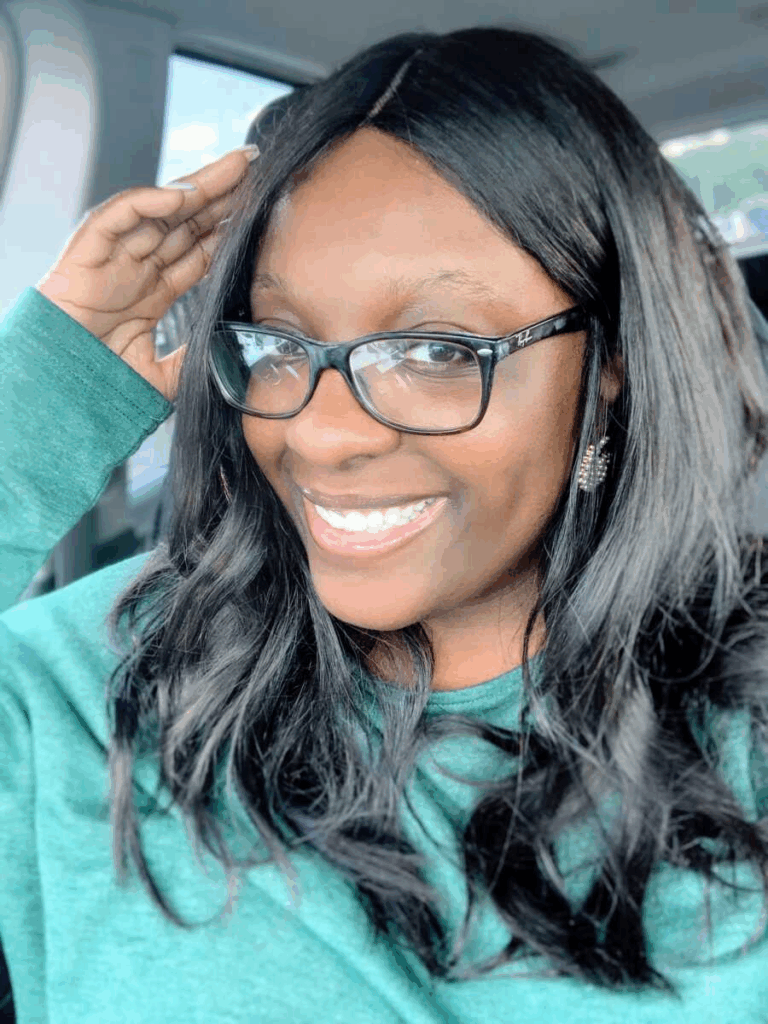
Looking back, she doesn’t see a failed perfectionist; she sees a woman who learned to speak up, ask for help, and let love be honest rather than pretty. She sees a partner who kept choosing her through the storm, and a younger self who did the best she could with the rules she was given. She’s writing new rules now: feelings are not flaws; help is not weakness; love is honest, and honesty is brave.
